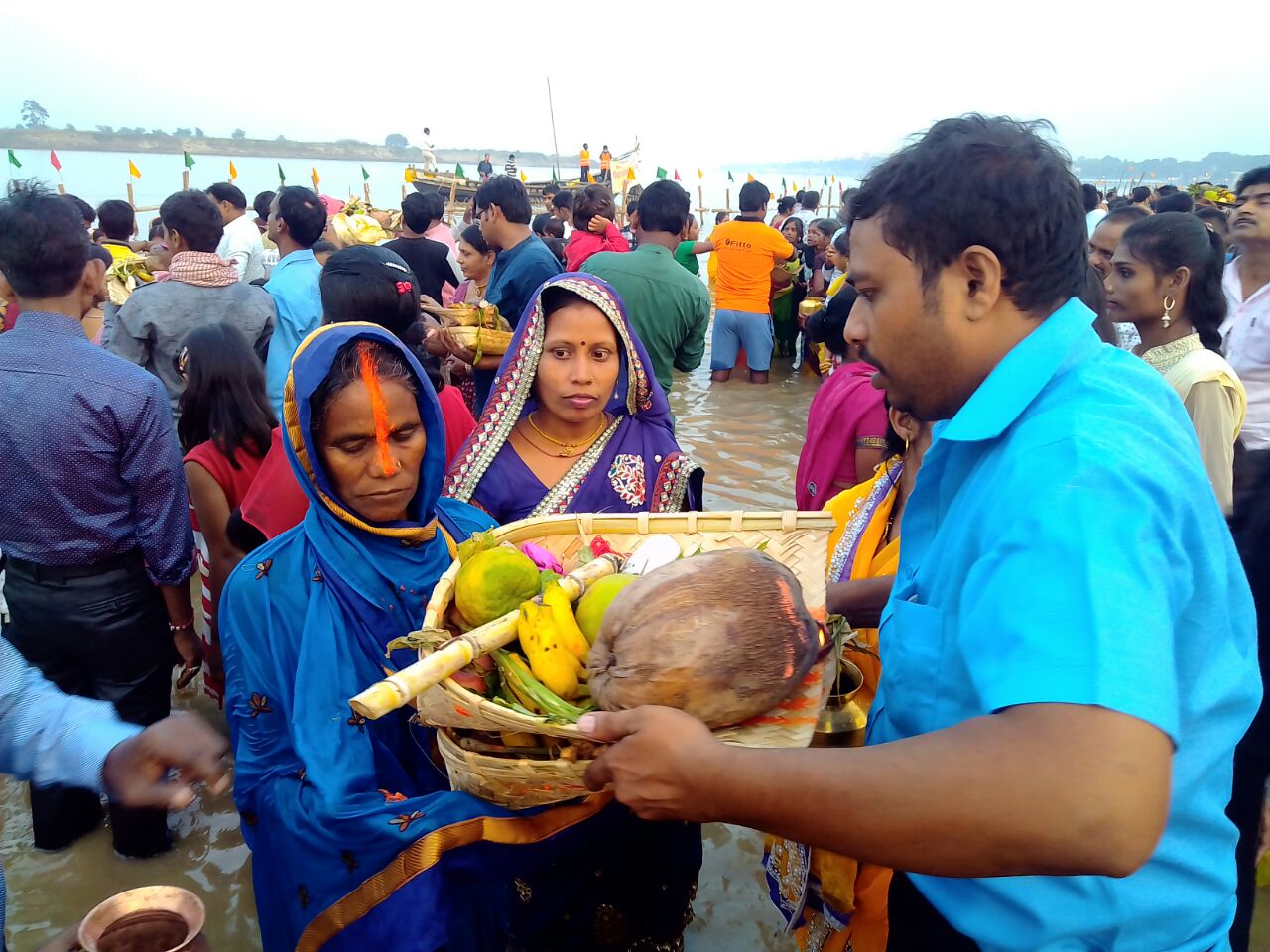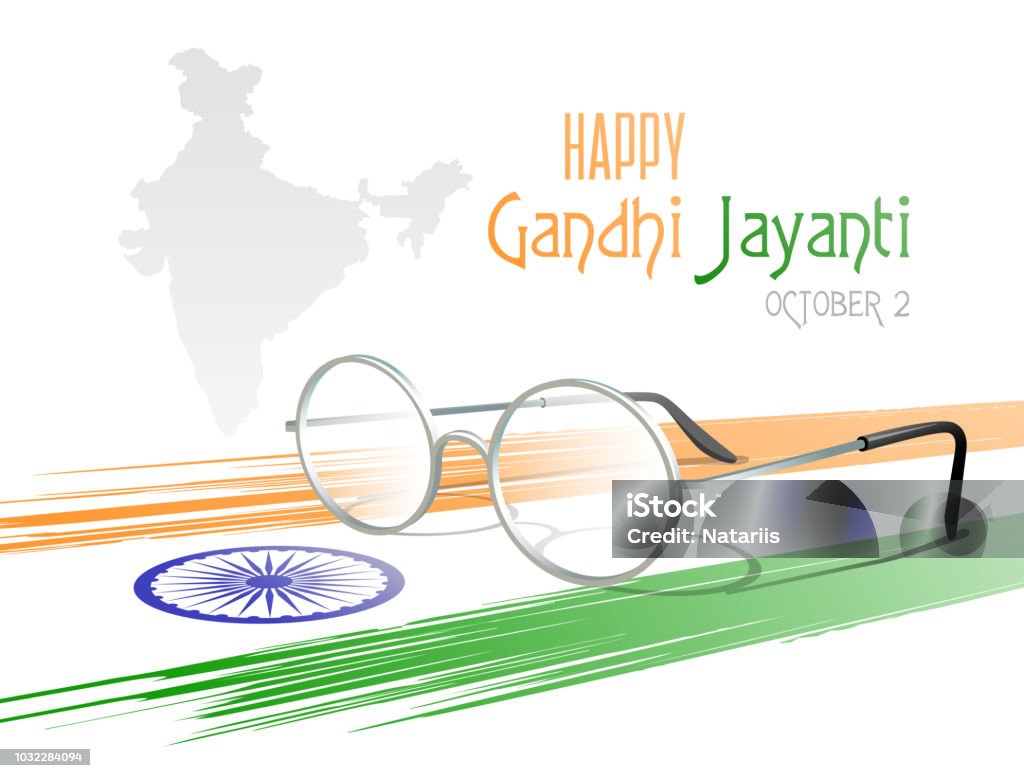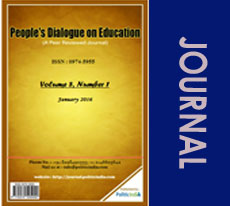CHHATHH SPREADS MESSAGE OF HUMANITY FROM BIHAR
- Post By PoliticIndia.com on
- 27/Oct/2017

people celebrating chhath at Mahendru Ganga Ghat at Patna
Khagendra Kumar
Chief Editor
The Politic India comes with a blog/write-up for its readers on the eve of Chhath festival. The existence of human beings on earth depends on their relationship with nature. The happiness, the ultimate goal of human life is only possible if our relationship with nature is cordial. But human beings miserably failed in maintaining the cordiality of relationship with nature and invited threats to their survival. In the name of developmental projects, the ecological balance was disturbed, leading to ecological imbalance and loss of biodiversity exposing the human race to dangers of extinction. Poor people, Dalits and tribes living close to nature in forests and river basins since the advent of human civilization are often displaced without proper rehabilitation. We failed to learn from the people who mattered in maintaining cordial relationships with nature without disturbing ecology and biodiversity. Of late, we have realized the seriousness of the threats and taking measures on a global scale to undo the wrongs committed by us. Chhath festival of Bihar reminds us to restore our congenial relationship with nature. It’s a festival which gives us a great sense of cleanliness of whole surroundings, including rivers, ponds and other water sources, community feeling, discipline, simplicity and paying obeisance to the ultimate source of energy with water, milk and local fruits, vegetables and homemade sweets prepared from flour and oil (pakwans) kept in bamboo soop and dala or tokari prepared by local craftsmen. The festival totally denounces any ritual based on religious texts and the role of a priest in any form. It is a celebration of family, friends and community.Everything has to be done in the simplest way of our agrarian village culture. Earthen Chullah (stove) is universally used for cooking Prasad & pakwans. Bamboo soops filled with seasonal fruits and pakwans are carried in bamboo tokari on foot from homes to rivers or ponds. It is very important to note that unlike any other festival there appears no disparity in the resources and amenities used by the rich and poor. It depicts the highest sense of self-imposed equality and respect for simple village culture. We find the promises and acceptance of a culture lived by our forefathers and a relationship where nature used to shower its blessings upon the humanity. We can explore the possibility of revival of the strong family bond, the social concerns of the community, self-sustained agriculture, sense of returning to diverse varieties of indigenous crops and trees, practices of protecting water sources, village craftsmanship, etc. There is no denial of the role of science and technology, but there is a need to work for S&T which takes on challenges to take us to our development goals without destroying our identity and without imposing alien contexts on us. The Chhath may, in fact, is a cultural ambassador of Bihar sends a strong message for maintaining strong family and community bond and congenial relationship with nature. It affirms public faith (Lok Astha) in family, community, simplicity, equality, rationality, civility and the central role of agricultural and crafts in development.
One striking feature of this festival is that the setting sun is worshipped (offered arghya) first and the rising sun next. The loud and clear message for making a humane society
Women play the pivotal role and men enjoy providing all support for them. The festival has to do more with ‘way of life’ than religion. Strict hygiene, the highest order of cleanliness, love for nature, love for village craftsmen and peasants, natural resources, strong family bond, a sense of community feeling etc. are the essence of the festival.
The message of CHHATH is a message of Humanity.






